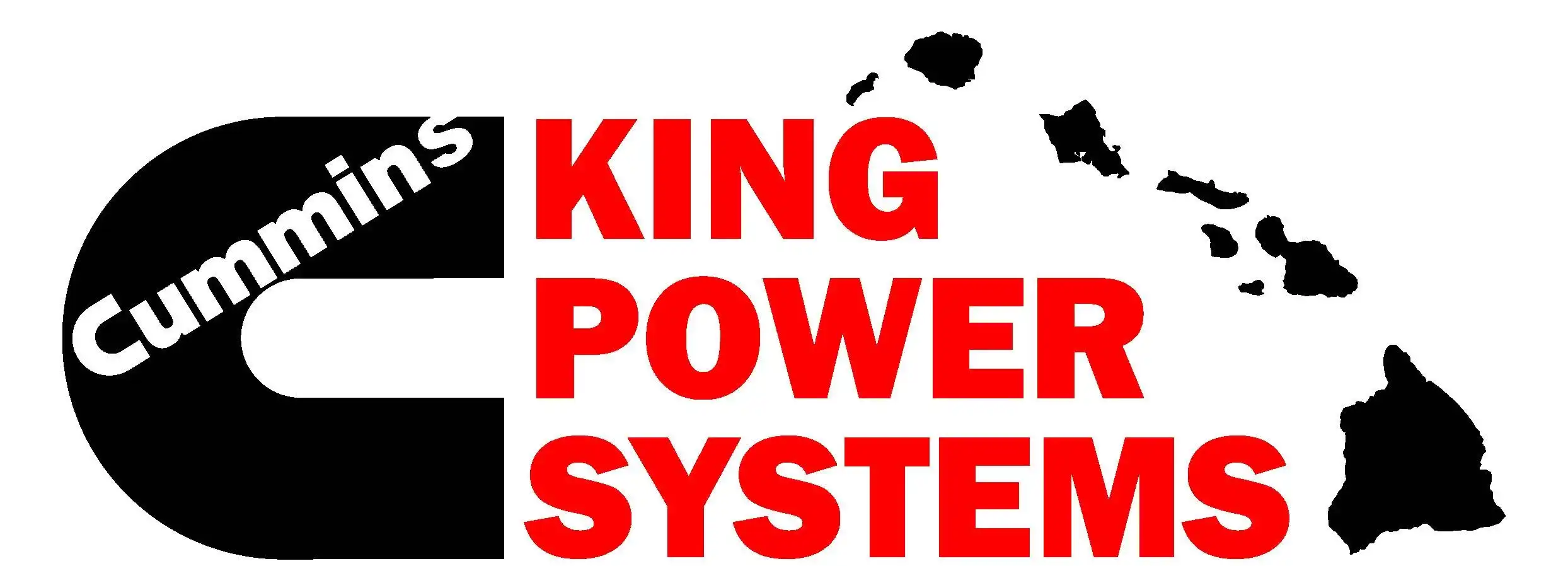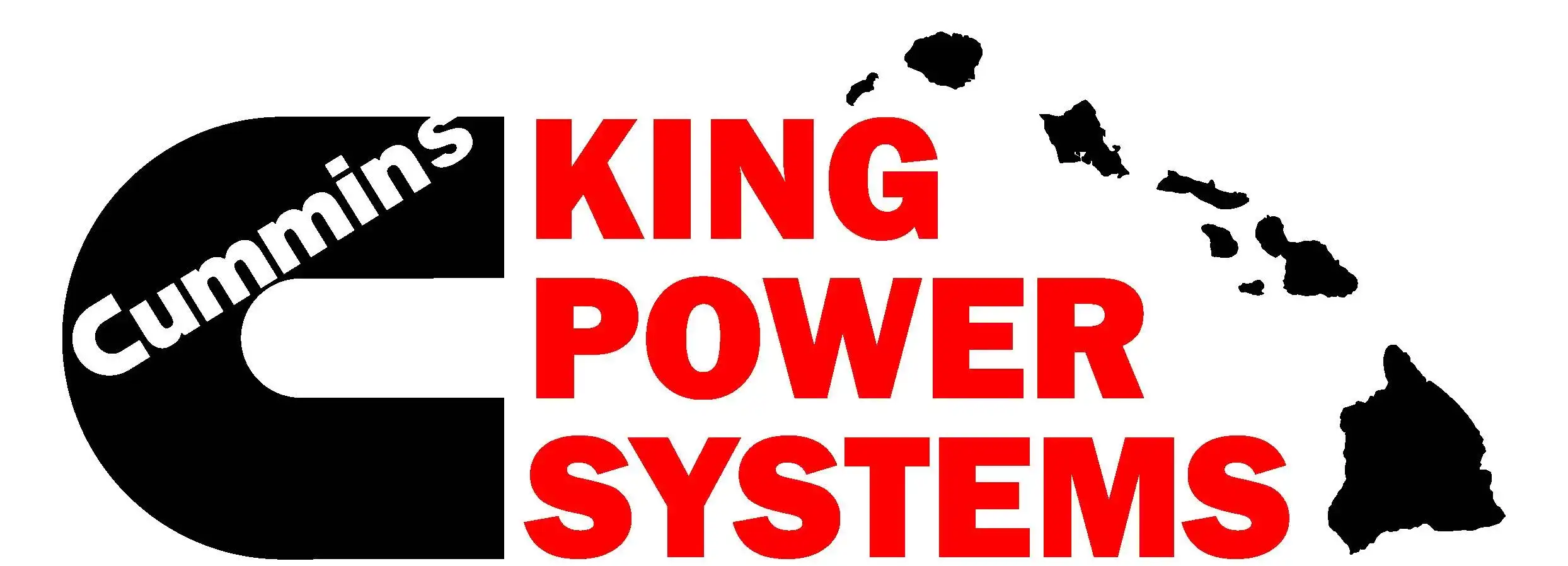Brian Schatz’s Government Data Transparency Bill Passes US Senate
The US Senate unanimously approved legislation introduced by US Senators Brian Schatz and Ben Sasse called the Open, Public, Electronic, and Necessary Government Data Act.
The bipartisan bill requires federal agencies to publish public information in an open, machine-readable format and catalog it online, so that individuals, organizations and other government offices can use it.
It also preserves privacy and national security concerns. The bill passed as part of the Foundations for Evidence-Based Policymaking Act.
“This bill requires all data the government collects that isn’t secret or private to be machine readable and interoperable. It’s the people’s data; they paid for it, and they deserve to access it, whether it’s weather, traffic, census, or budget numbers,” Sen. Schatz said.
“Senator Schatz and I want to end Washington’s backwards approach to data,” said Senator Sasse. “This isn’t rocket science: transparency is good and government data should be made public unless there’s a compelling reason not to. Our OPEN Data Act is pretty simple: innovation, research, and transparency are great and that’s something everyone agrees on.”
Supporters of the bill say open data—data that is made freely available to use without restrictions—has proven to be an enormously effective platform for innovation in the public sectors, supporting significant economic value, increasing transparency, efficiency, and accountability in government operations, and powering new tools and services that address some of the country’s most pressing economic and social challenges.
This legislation achieves these goals by creating an expectation that government data will be open and available whenever possible, according to the announcement.









